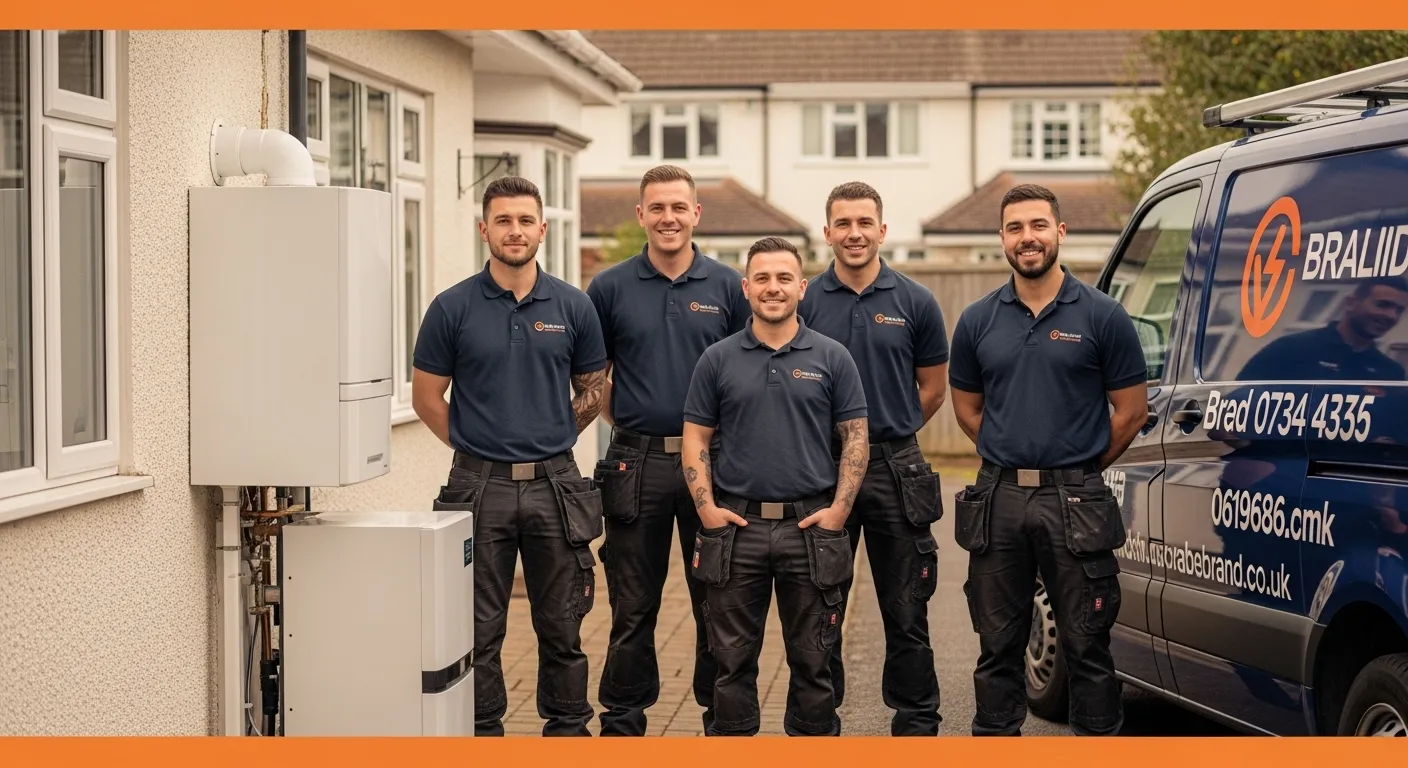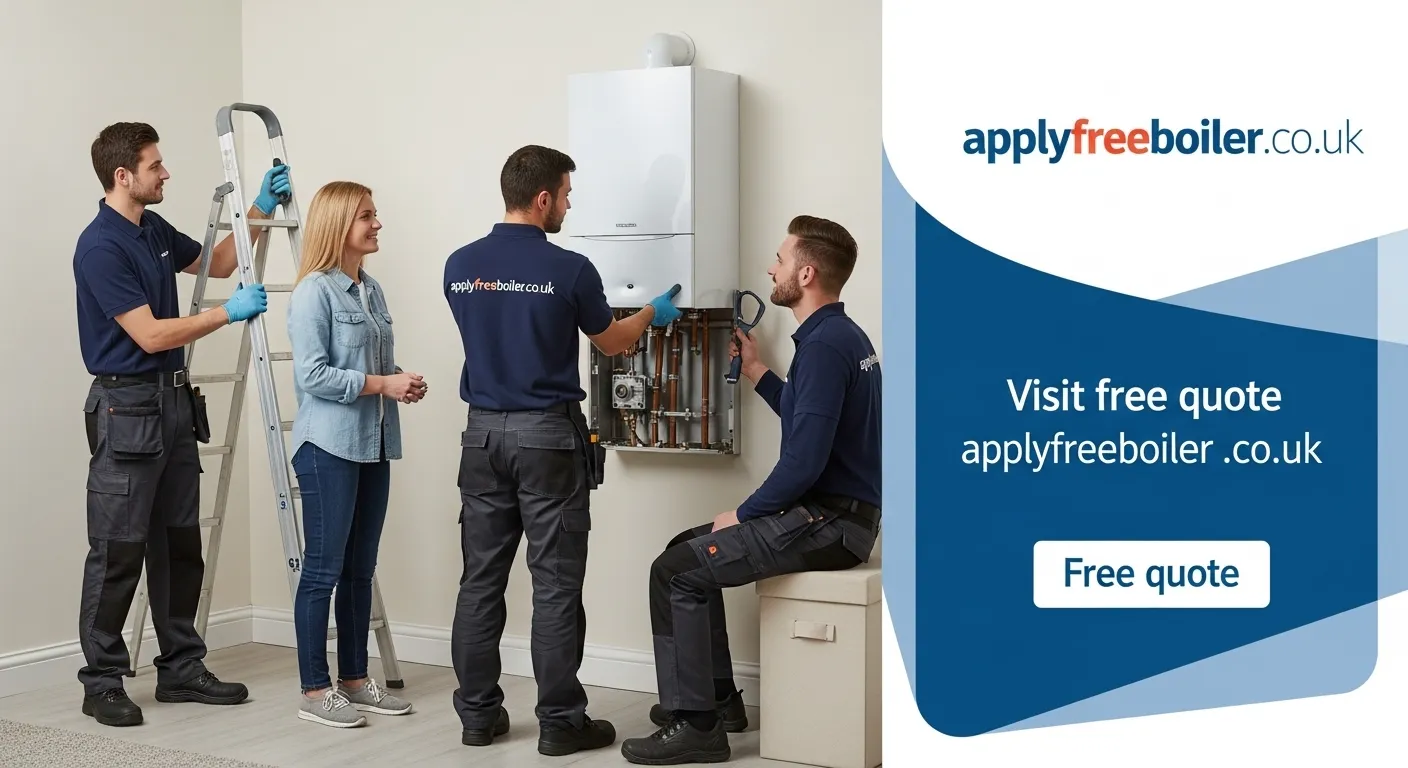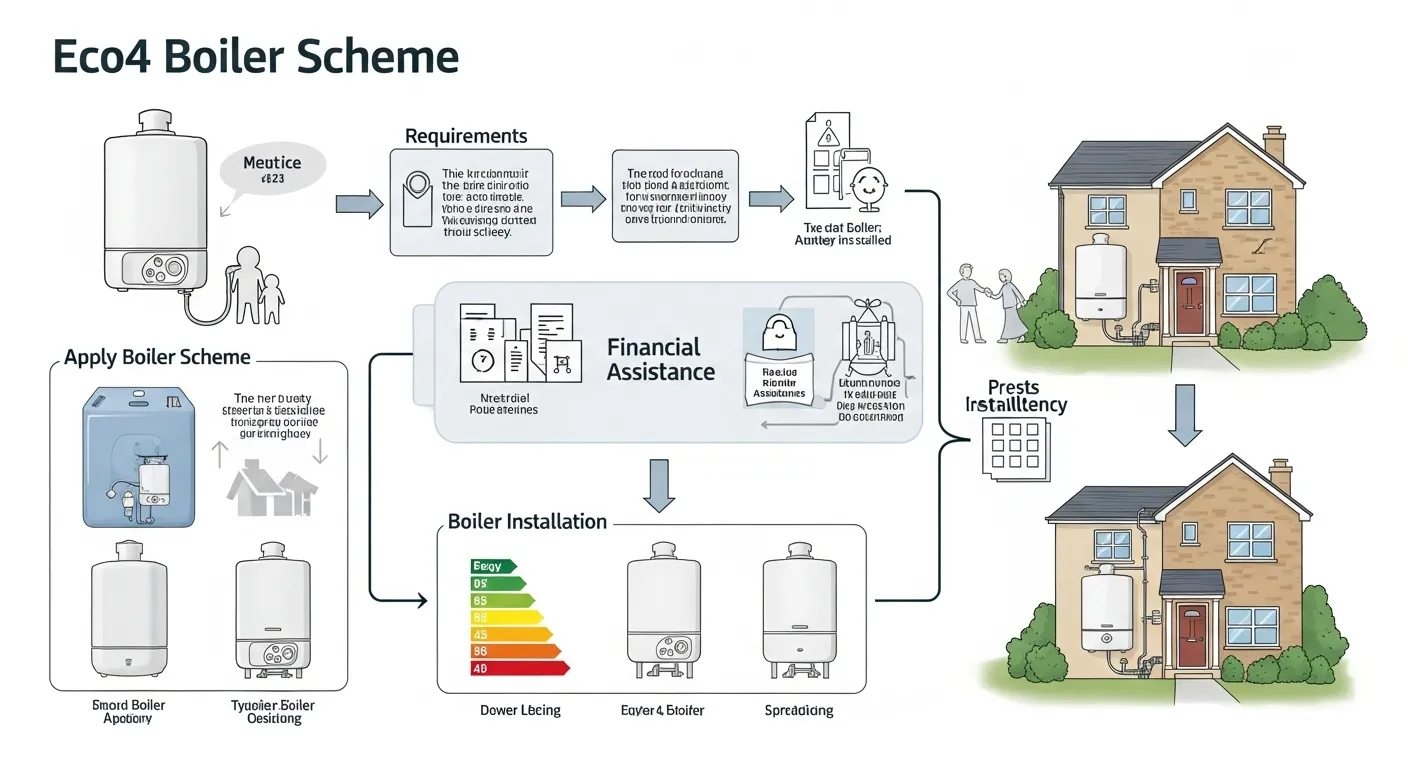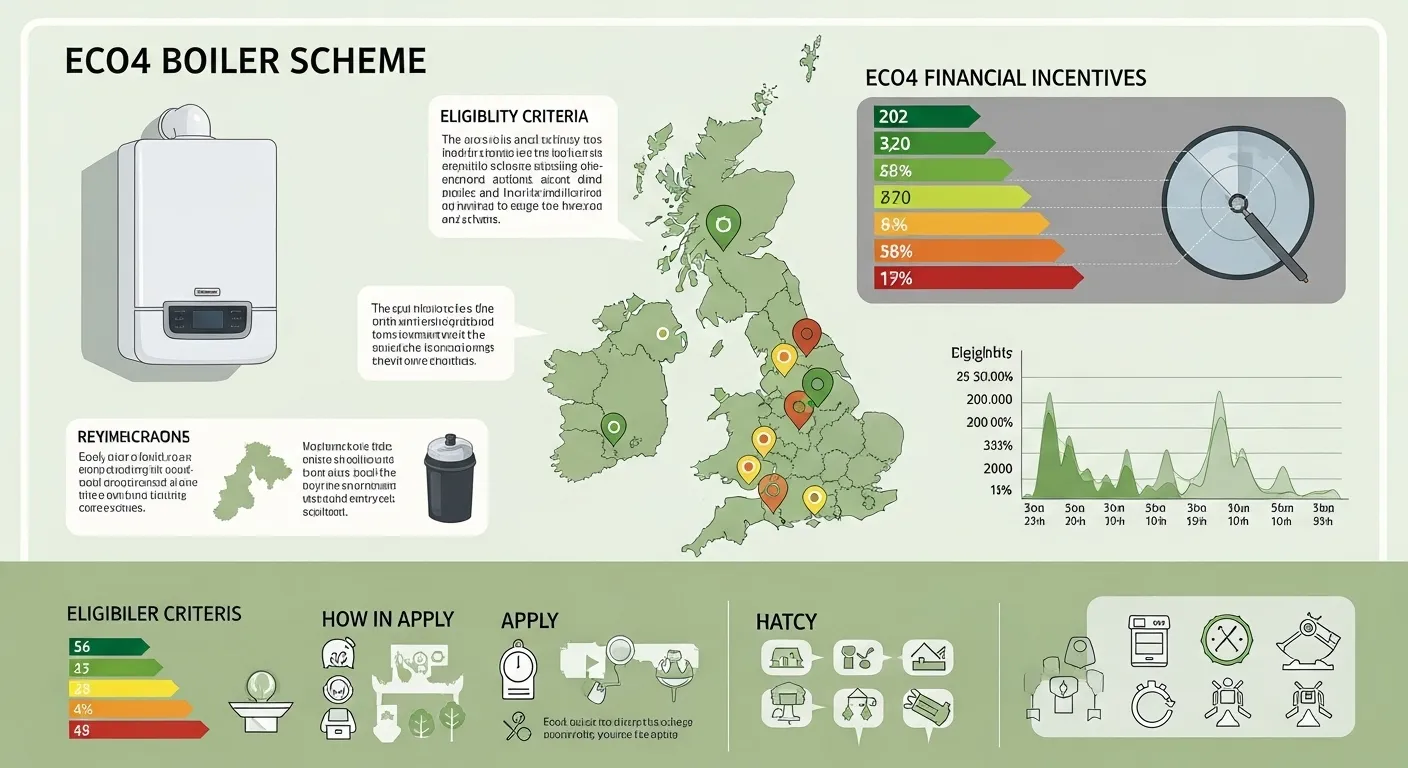Real Cost of home energy grants UK - Complete Breakdown
If you are a UK homeowner looking to improve the energy efficiency of your home, particularly through free boiler replacements, understanding the available home energy grants is crucial. This guide will provide a comprehensive breakdown of the costs, savings, and processes involved in accessing these grants.

Real Cost of Home Energy Grants UK - Complete Breakdown
If you are a UK homeowner looking to improve the energy efficiency of your home, particularly through free boiler replacements, understanding the available home energy grants is crucial. This guide will provide a comprehensive breakdown of the costs, savings, and processes involved in accessing these grants.
Understanding Home Energy Grants in the UK
Home energy grants in the UK are designed to help homeowners reduce their energy bills and improve the energy efficiency of their homes. These grants are often part of larger government initiatives aimed at reducing energy poverty and achieving net-zero carbon emissions by 2050[4).
💡 Key Takeaway
The UK government offers several schemes to help homeowners with energy efficiency improvements, including free boiler replacements.
Available Schemes for Home Energy Efficiency
There are several key schemes that homeowners should be aware of:
- Energy Company Obligation (ECO): This scheme requires energy companies to fund energy efficiency measures in low-income and vulnerable households. Under ECO4, which is the current phase, homeowners can qualify for free boiler replacements and other energy efficiency improvements[2).
- Green Homes Grant: Although this scheme has ended, it was designed to help homeowners fund energy efficiency improvements, including insulation and heating systems. While it is no longer available, it sets a precedent for future government initiatives[1).
- Home Upgrade Grant (HUG): This grant is aimed at helping low-income households in England to improve the energy efficiency of their homes. It can cover a range of measures, including boiler replacements and insulation[1]).
- Social Housing Decarbonisation Fund (SHDF): While primarily focused on social housing, this fund also highlights the government's commitment to decarbonising homes across the UK. For example, under SHDF Wave 2.1, around 34,800 measures were installed in 17,700 households up to the end of March 2025[3]).
Cost Analysis and Savings
The cost of energy efficiency improvements can be significant, but the savings and benefits are substantial. Here’s a breakdown of what you might expect:
Costs Involved
The average cost of retrofitting a home to make it more energy-efficient can be around £15,000, which includes installing a low-carbon heating system and energy efficiency upgrades. However, through government grants, many of these costs can be mitigated[4]).
| Measure | Average Cost | Potential Savings |
|---|---|---|
| Boiler Replacement | £1,500-£3,000 | £300-£500 per year |
| Insulation | £500-£2,000 | £100-£300 per year |
| Double Glazing | £3,000-£10,000 | £100-£200 per year |
Savings and Benefits
The savings from energy efficiency improvements are multifaceted:
- Consumer Bill Savings: Upgrading all homes to Energy Performance Certificate (EPC) Band C could deliver around £24bn in consumer bill savings by 2030[4]).
- Societal Savings: There are significant societal savings, including £9bn in societal benefits and around £2bn in NHS savings by reducing cold-related illnesses and mental health conditions[4]).
- Energy System Savings: Improvements also result in energy system savings, contributing to a more efficient energy grid[4]).
- Comfort and Health: A properly insulated home improves comfort and reduces the risk of health issues related to cold homes[4]).
How to Apply for Home Energy Grants
Applying for home energy grants involves several steps:
Step-by-Step Process:
- Check Eligibility: Determine if you qualify for the grant based on your income, the age of your boiler, and other criteria. For ECO4, you typically need to be in receipt of certain benefits or have a low income[2]).
- Gather Documents: Prepare the required paperwork, including proof of income, benefit letters, and details of your current heating system.
- Apply Online or Through a Local Authority: Submit your application through the relevant government website or through your local authority. You may also need to contact an approved installer who can guide you through the process.
- Assessment and Installation: Once your application is approved, an assessment will be conducted to determine the best energy efficiency measures for your home. The installation will then be scheduled and completed by an approved installer.
🔧 Expert Tip
Always ensure you use an approved installer to ensure the work is done to the required standards and to maintain the warranty on the new boiler.
FAQs
Who is Eligible for Home Energy Grants?
Eligibility typically includes low-income households or those receiving certain benefits. For ECO4, you may qualify if you are in receipt of benefits such as Universal Credit, Income-based Jobseeker’s Allowance, or Income-related Employment and Support Allowance[2]).
How Long Does the Application Process Take?
The application process can vary, but typically it takes a few weeks to a few months from initial application to installation. This includes the assessment phase and scheduling the installation with an approved installer.
What If I Do Not Qualify for a Grant?
If you do not qualify for a grant, there are other options available, such as financing through the Green Deal scheme or seeking assistance from local authorities. Additionally, some energy companies offer their own schemes and discounts for energy efficiency improvements[2][5]).
Key Points Summary:
- Government Schemes: ECO4, Home Upgrade Grant, and Social Housing Decarbonisation Fund are key schemes available.
- Costs and Savings: Average costs for boiler replacements and insulation, with potential annual savings.
- Eligibility: Typically includes low-income households or those receiving certain benefits.
- Application Process: Check eligibility, gather documents, apply online, and undergo assessment and installation.
Important Note:
Always ensure you use approved installers and follow the correct application process to avoid any issues with the grant or the installation.


